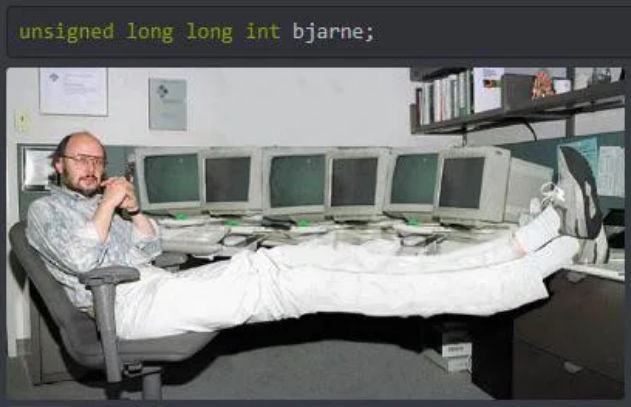# What is C++
C++ is a general-purpose programming language created by Bjarne Stroustrup as an extension of the C programming language, or "C with Classes". The language has expanded significantly over time, and modern C++ now has object-oriented, generic, and functional features in addition to facilities for low-level memory manipulation. It is almost always implemented as a compiled language, and many vendors provide C++ compilers, including the Free Software Foundation, LLVM, Microsoft, Intel, Oracle, and IBM, so it is available on many platforms.

Some computer languages are written for a specific purpose. Like, Java was initially devised to control toasters and some other electronics. C was developed for programming operating systems. Pascal was conceptualized to teach proper programming techniques. But C++ is a general-purpose language. It well deserves the widely acknowledged nickname "Swiss Pocket Knife of Languages".
C++ is standardized by the International Organization for Standardization (ISO), with the latest standard version ratified and published by ISO in December 2020 as ISO/IEC 14882:2020 (informally known as C++20). The C++ programming language was initially standardized in 1998 as ISO/IEC 14882:1998, which was then amended by the C++03, C++11, C++14, and C++17 standards. Since 2012, C++ has been on a three-year release schedule with C++23 as the next planned standard.
# Philosophy
Throughout C++'s life, its development and evolution has been guided by a set of principles:
- It must be driven by actual problems and its features should be immediately useful in real world programs.
- Every feature should be implementable (with a reasonably obvious way to do so).
- Programmers should be free to pick their own programming style, and that style should be fully supported by C++.
- Allowing a useful feature is more important than preventing every possible misuse of C++.
- It should provide facilities for organising programs into separate, well-defined parts, and provide facilities for combining separately developed parts.
- No implicit violations of the type system (but allow explicit violations; that is, those explicitly requested by the programmer).
- User-created types need to have the same support and performance as built-in types.
- Unused features should not negatively impact created executables (e.g. in lower performance).
- There should be no language beneath C++ (except assembly language).
- C++ should work alongside other existing programming languages, rather than fostering its own separate and incompatible programming environment.
- If the programmer's intent is unknown, allow the programmer to specify it by providing manual control.